give
A gift of any size will help keep our programs accessible to any student who is dedicated to becoming better leaders and making the world a better place. At One Stone, we are grateful to have many generous people who help us disrupt for good.
One Stone is a student-led 501c3 organization. Your contributions to our program are tax deductible. We also accept donation by mail to One Stone, 1151 W. Miller St, Boise, ID 83702.



